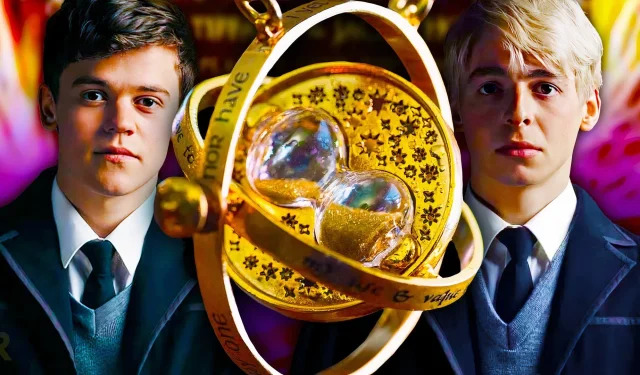
The Harry Potter franchise has captivated fantasy enthusiasts worldwide for years, and *Harry Potter and the Cursed Child* stands as a controversial piece within this expansive universe. Spanning seven novels, eight films, a trio of *Fantastic Beasts* movies, multiple video games, and an anticipated HBO series, J.K. Rowling’s wizarding world continues to flourish. Having successfully ventured into numerous storytelling formats, it seemed only natural for Harry Potter to find its way to the stage.
Nearly a decade post-premiere, some Muggles might still be unfamiliar with the play or its script, either by choice or chance. For those who have evaded spoilers, a pertinent question arises: what is *Harry Potter and the Cursed Child* about, and does it merit their attention?
The Narrative of *Harry Potter and the Cursed Child*
Key Characters: Albus Potter & Scorpius Malfoy
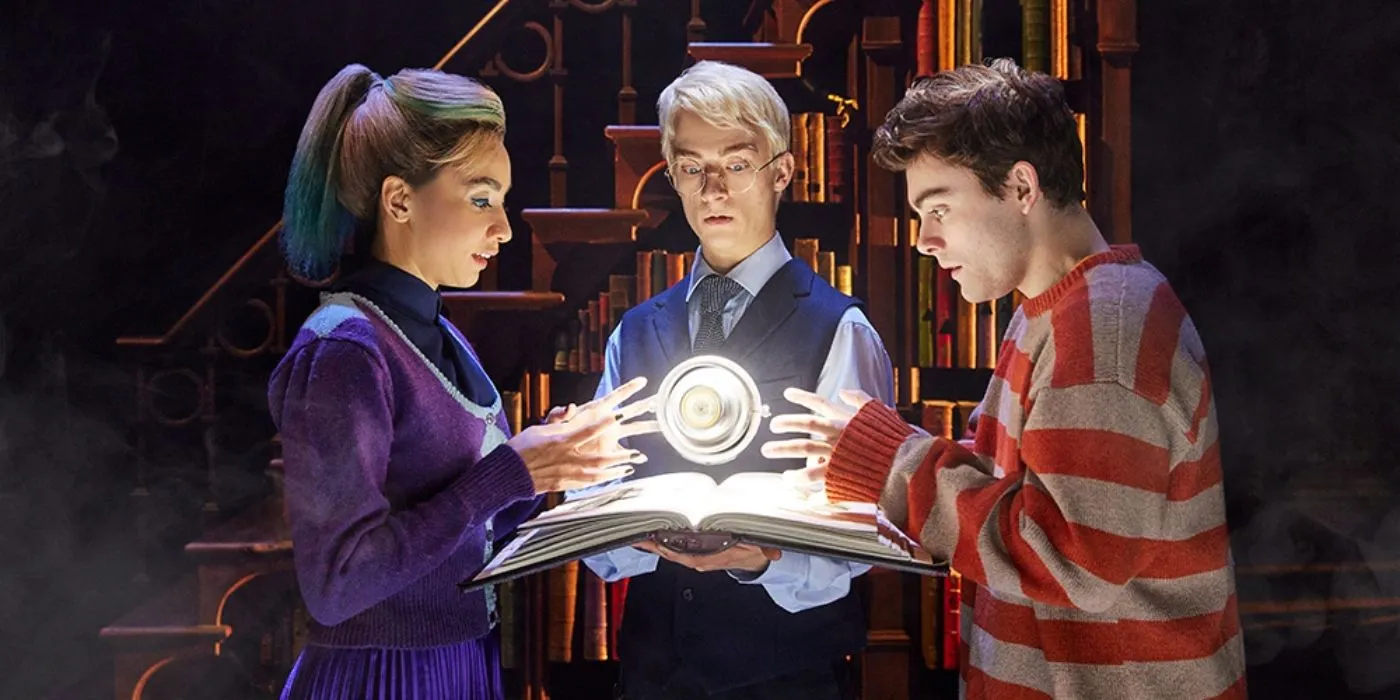
Set 19 years after the events of *Harry Potter and the Deathly Hallows*, *The Cursed Child* follows Albus Potter, son of Harry and Ginny, alongside Scorpius Malfoy, the son of Draco and the late Astoria Malfoy. In a twist of fate, these two boys become close friends despite their families’ historical rivalries, especially when Albus is sorted into Slytherin, breaking the Gryffindor legacy of his family.
Struggling to live up to his father’s heroic legacy, Albus grapples with the pressure of fame while Scorpius endures rumors insinuating his lineage ties to Voldemort. Their journey highlights the hardships they face at Hogwarts, from bullying to self-doubt. Inspired by overhearing Harry refuse to assist Amos Diggory, Albus and Scorpius embark on a quest to steal a Time-Turner, hoping to change the past and save Cedric Diggory from Voldemort.
With the help of Delphi Diggory, Amos’ niece, they successfully navigate back in time. However, their attempts lead to dire consequences that worsen their present. As they strive to amend the chaos, they encounter Delphi once more, who steals the Time-Turner, trapping them in the past. Revealing herself to be the daughter of Voldemort and Bellatrix Lestrange, Delphi is driven by a dark prophecy that seeks to revive her father and eliminate Harry Potter.
Identifying the Cursed Child
Who Is the Cursed Child?
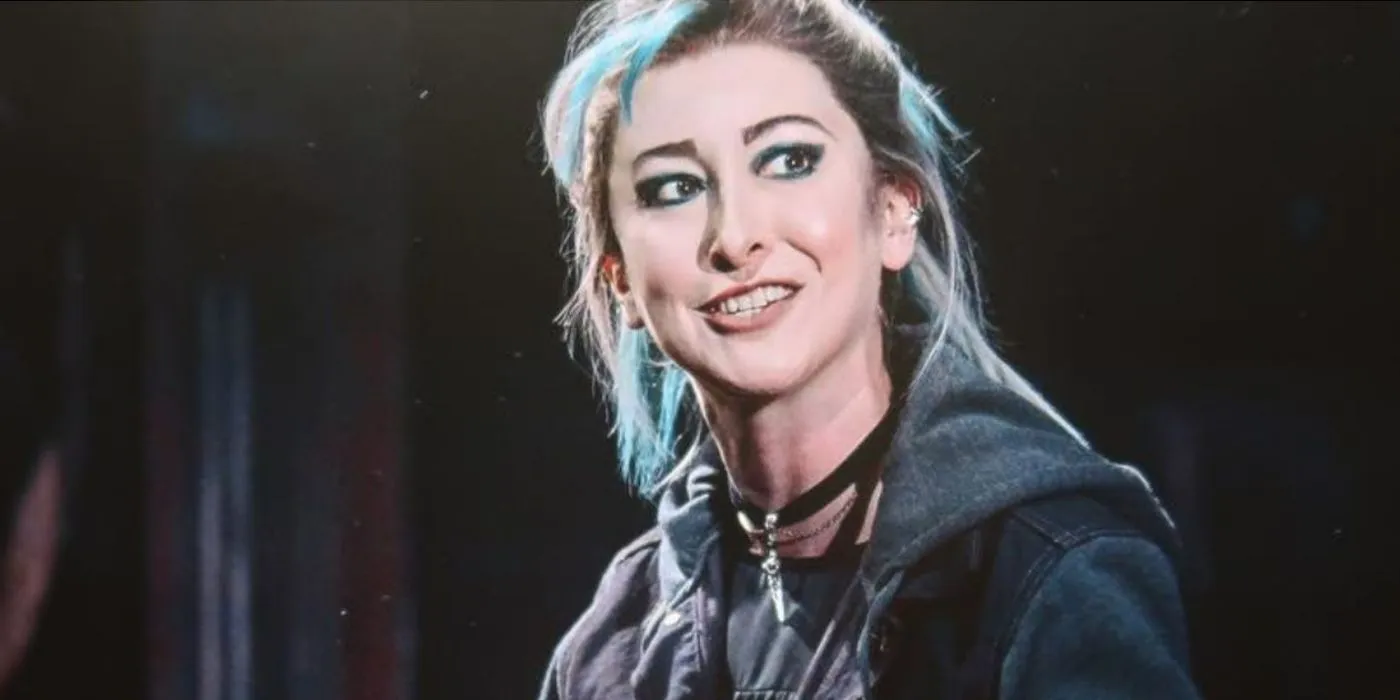
The identity of “the Cursed Child” has sparked considerable debate since the play’s release, as it remains ambiguously defined within the story. Many argue that Albus Potter qualifies, as he endures a seemingly cursed existence—being sorted into Slytherin, struggling academically, and living in the shadow of his father’s name.
Conversely, others suggest that Delphi embodies the essence of the Cursed Child. Raised in hardship by Euphemia Rowle, she eventually discovers her dark lineage, igniting her ambition to fulfill a prophecy aimed at resurrecting Voldemort. Inheriting both his malice and cunning, she mirrors her father’s legacy, only to face the inevitable defeat at the hands of Harry Potter and his allies.
J.K. Rowling’s Canon Confirmation
Rowling’s Statement on Canon
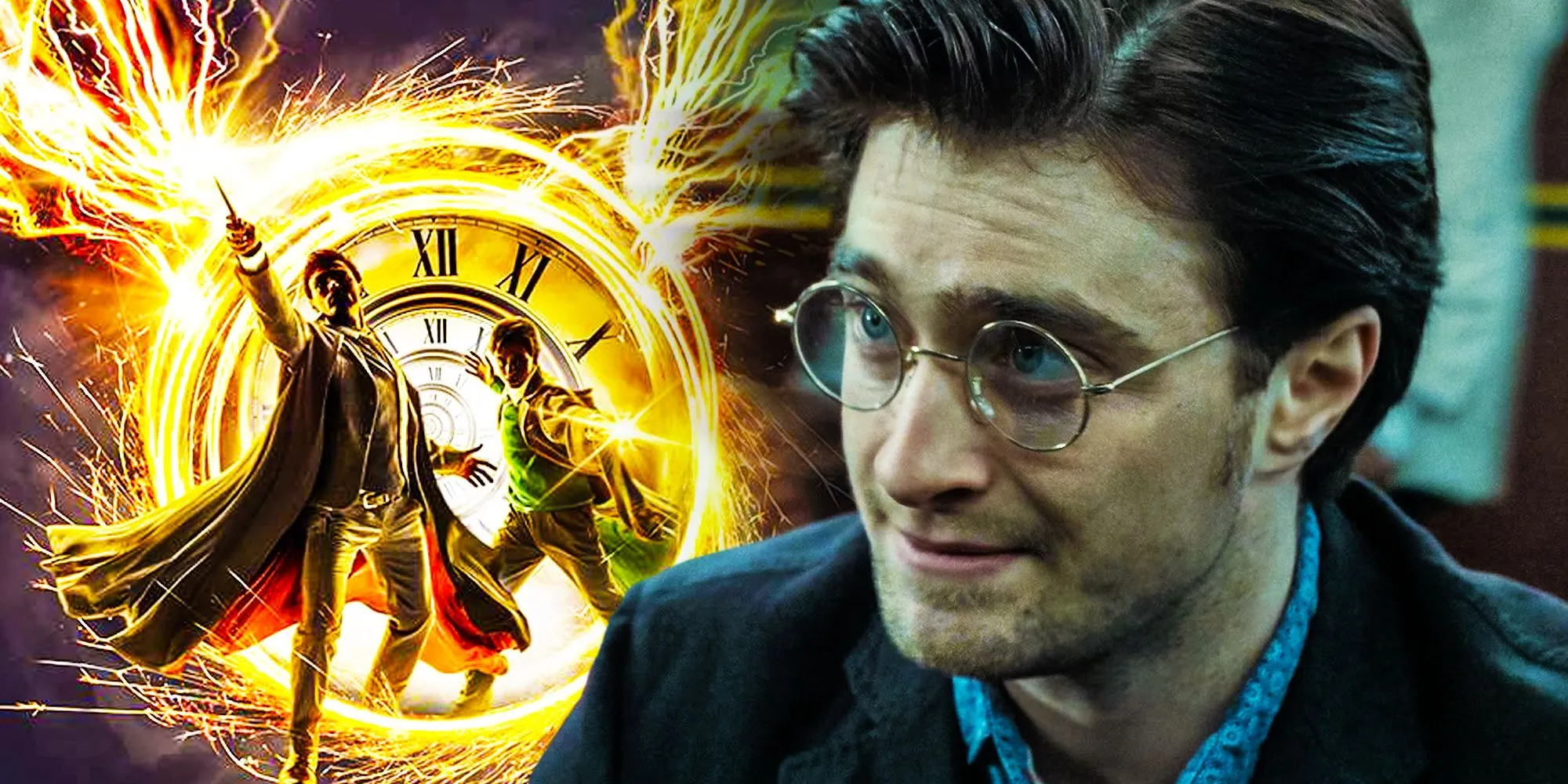
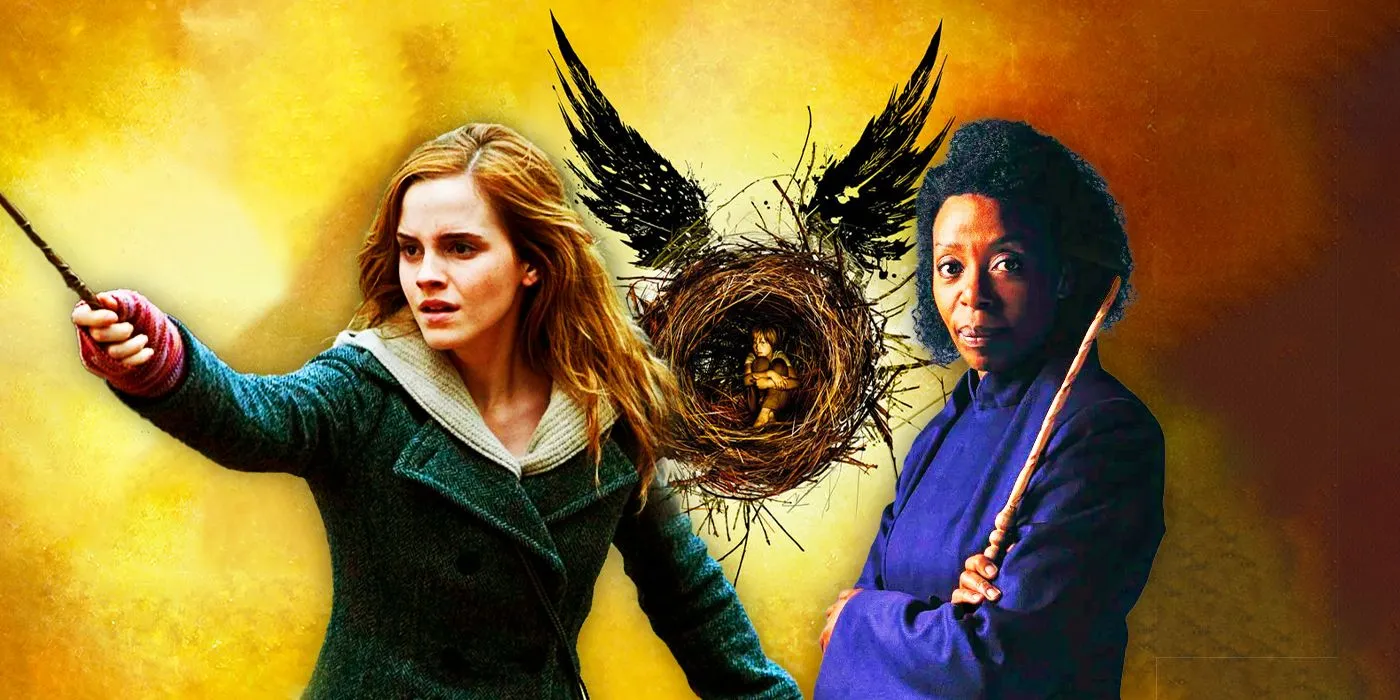
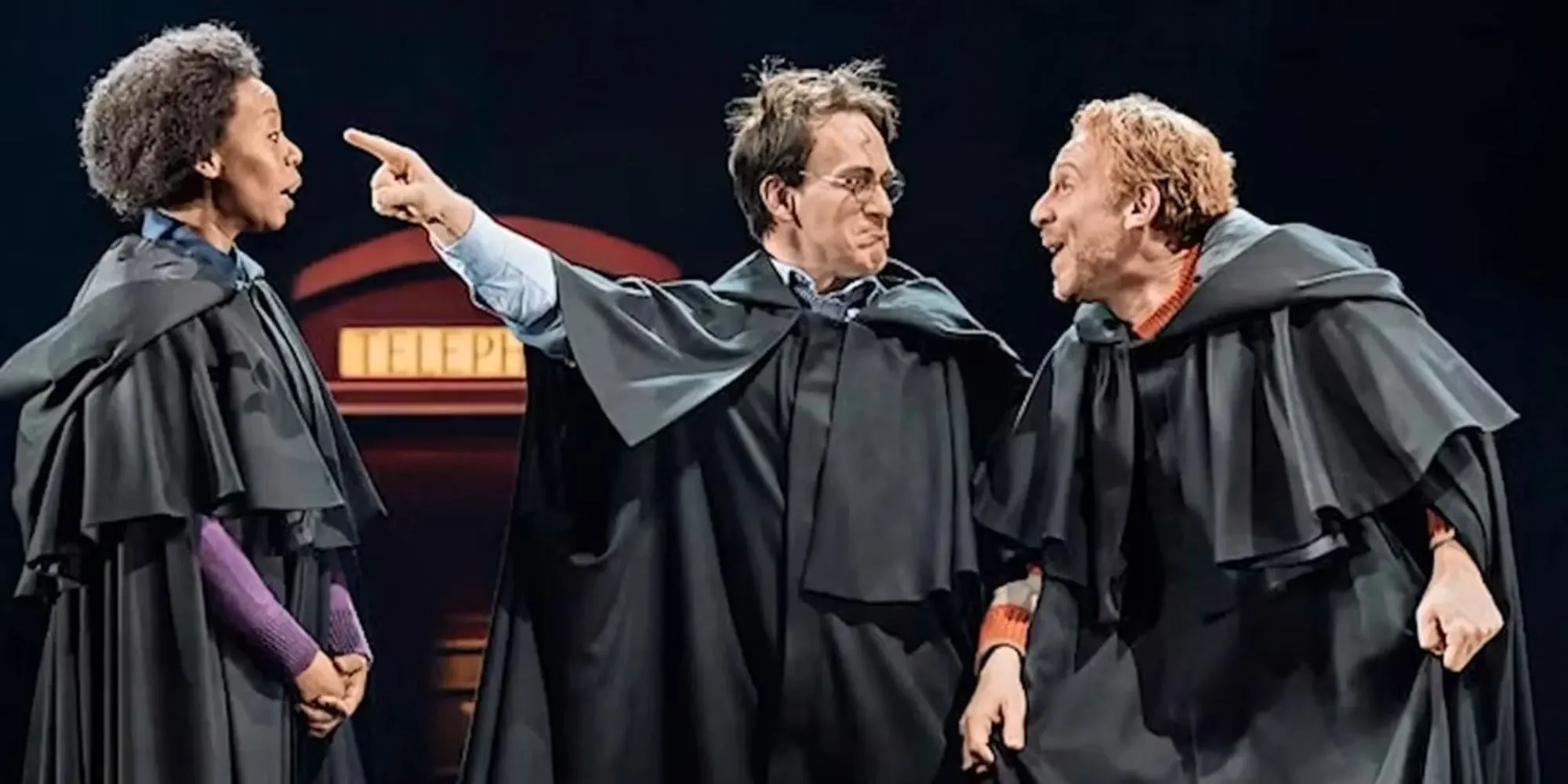
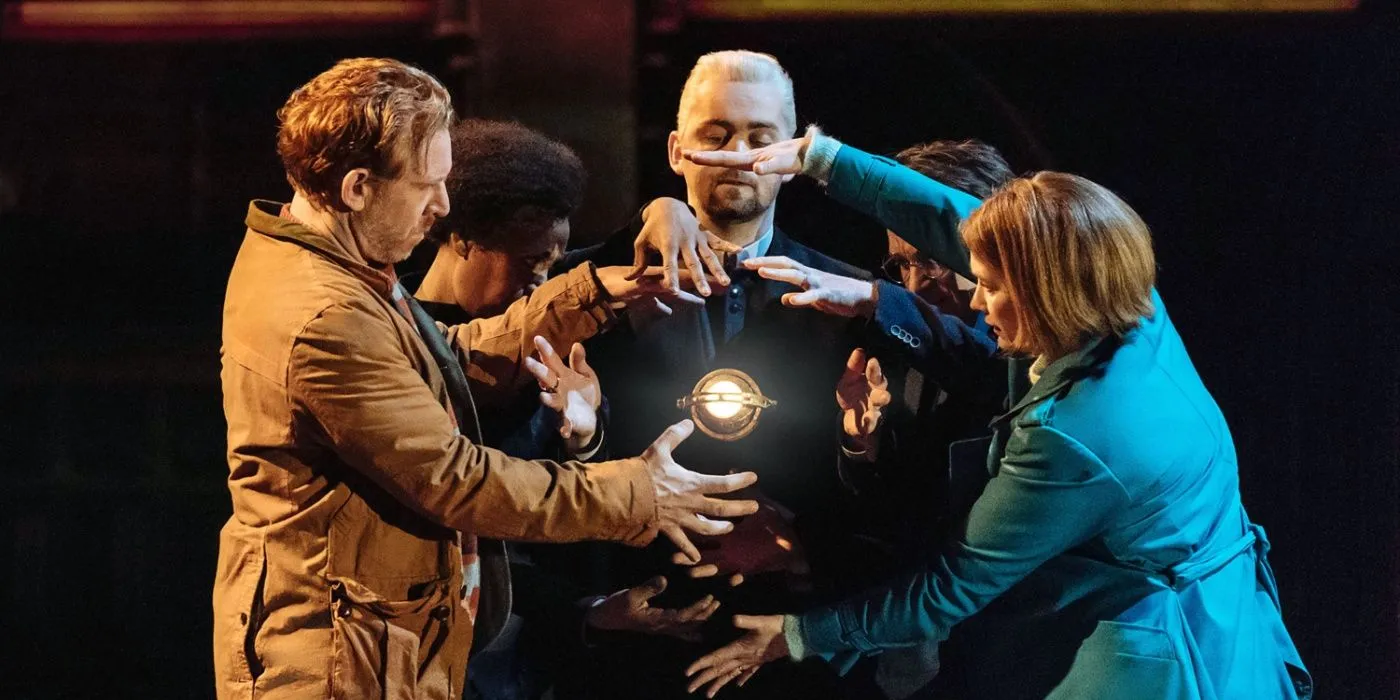
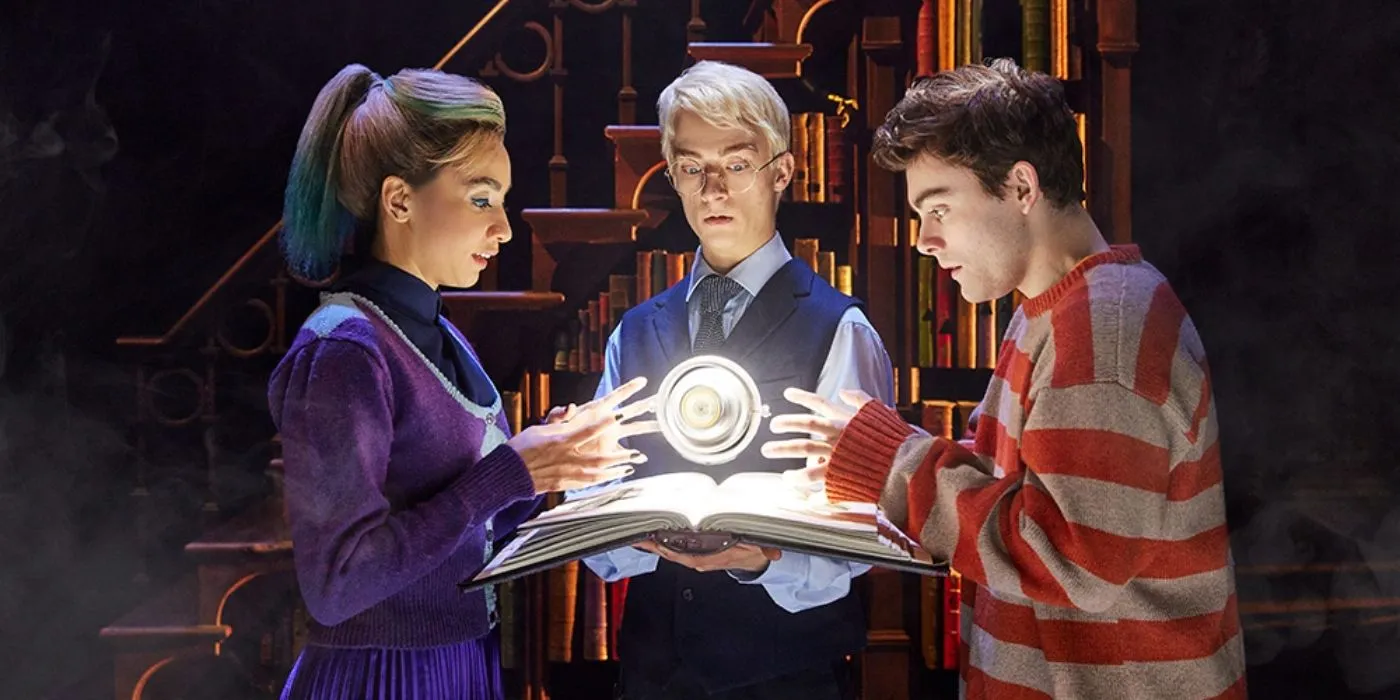
Upon the debut of *Harry Potter and The Cursed Child*, questions regarding its placement within the franchise’s lore surged among fans. While the play features beloved characters, familiar settings, and a narrative aligned with J.K. Rowling’s work, her direct involvement is limited to serving as a co-writer alongside theater director John Tiffany and playwright Jack Thorne.
Before the premiere in London in 2016, Rowling took to social media, providing vital details about the story, clarifying that it was indeed a sequel. By June 2015, she decisively stated on X (formerly Twitter) that the story should be regarded as part of the canon, affirming her collaboration with Tiffany and Thorne.
Despite this, her confirmation did not quell the skepticism among numerous fans, especially after the play was publicly performed. Instead, it sparked more dissent among die-hard followers of the original series.
Critiques from the Fandom
Concerns Raised by Fans
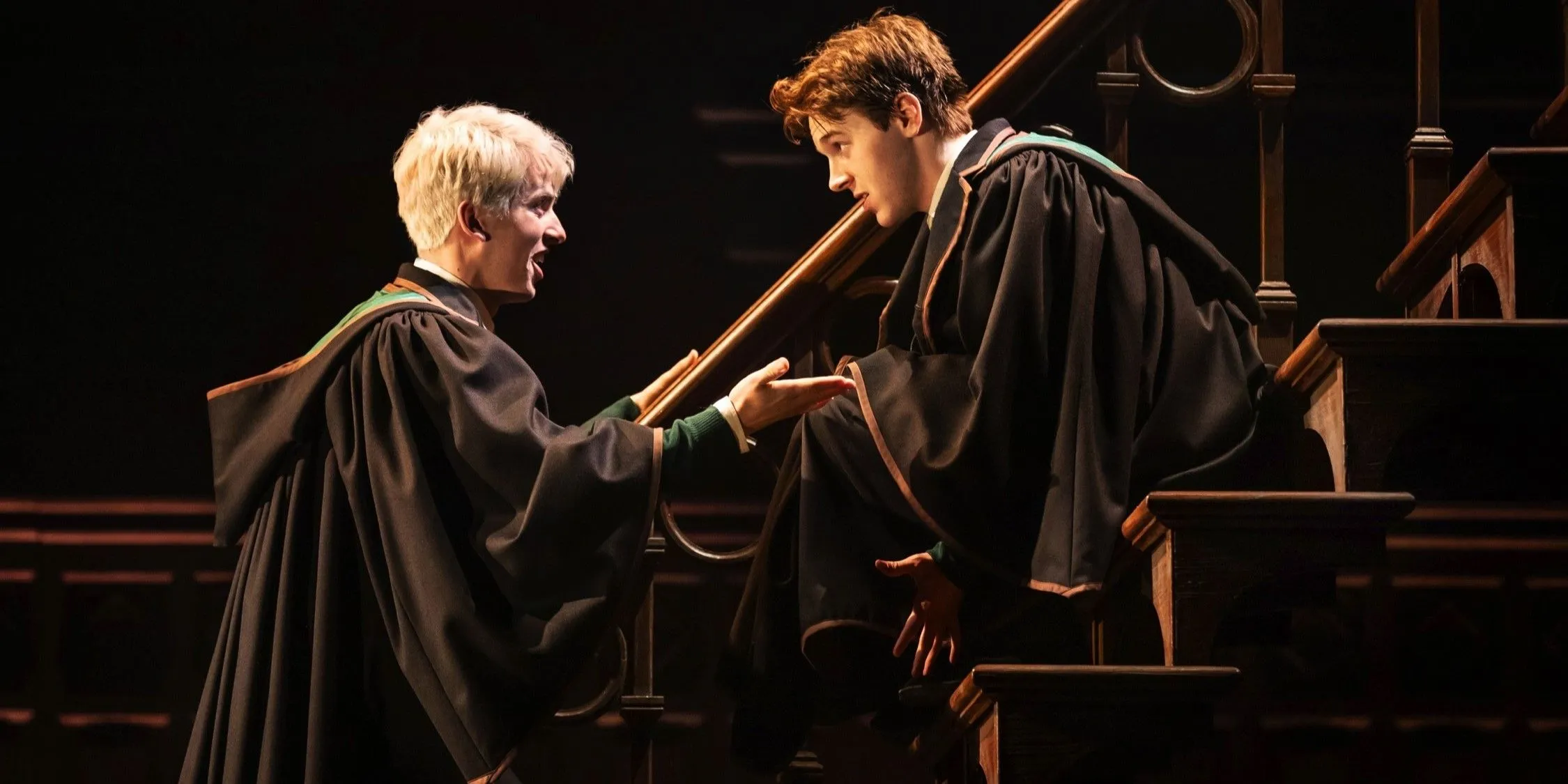
Premiering on July 30, 2016, at the Palace Theatre, *Harry Potter and the Cursed Child* quickly garnered attention, selling two million copies within the first two days post-release (via THR). Though excitement for a continuation of the Harry Potter saga was palpable, numerous fans expressed disappointment with the direction of the narrative.
Critics took to various platforms to voice their thoughts, asserting that the play resembled fan fiction rather than an authentic extension of Rowling’s work. A significant number pointed out inconsistencies within the plot, particularly the handling of Time-Turners, which challenge established rules from the original series.
In *Harry Potter and the Prisoner of Azkaban*, Hermione received a Time-Turner with strict instructions about its limitations, including that it was ineffective at changing the past. Yet, these parameters are disregarded in *The Cursed Child*.
Moreover, Rowling herself made a conscious decision to eliminate Time-Turners in *Harry Potter and the Order of the Phoenix*, acknowledging the complications they introduced to her narrative. She expressed concerns regarding their potential to undermine the future trajectories of her plots (via Business Insider).
Another point of concern involves suggestions of queerbaiting, as the dynamic between Albus and Scorpius is interpreted by many as more than mere friendship. Earlier drafts reportedly explored a potential romantic connection between the two, adding to the discord among fans.
In 2016, contributor Jack Chellman penned an open letter to Rowling, expressing his disappointment.
“You wrote a gay romance. You pulled us along by the power of that romance. And then you told us it was unacceptable. The more-than-friendly magnetism between the boys felt real. The strictly straight conversation at the end felt false, contrived.”
Such sentiments echoed across the LGBTQ+ community, where many criticized both the narrative choices in *The Cursed Child* and Rowling’s public remarks about transgender issues. Regardless of Rowling’s claims regarding *Harry Potter and the Cursed Child*, a significant faction of original series fans continues to reject its canonicity.




Leave a Reply